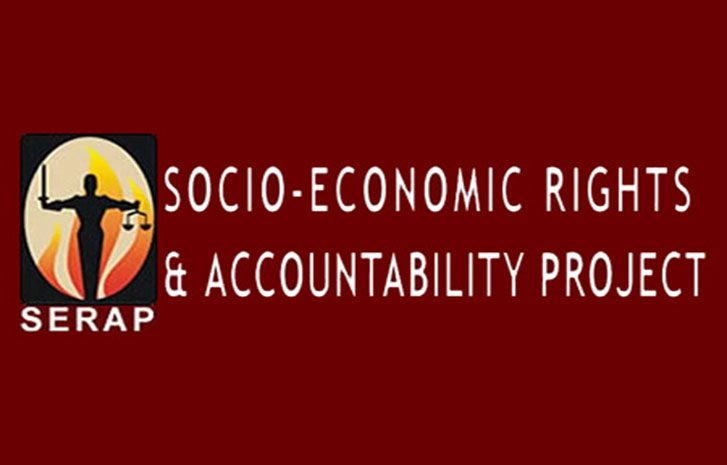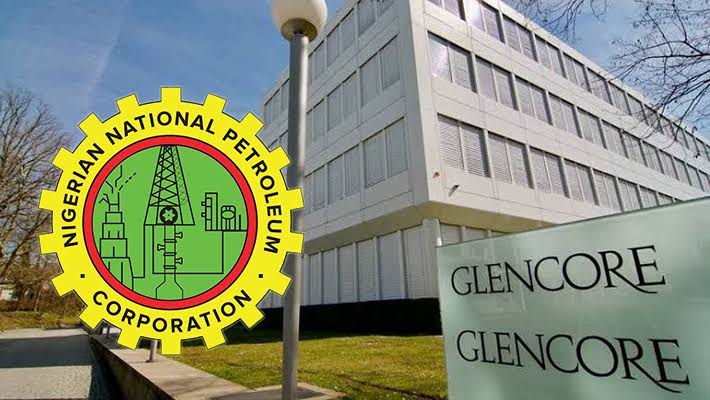Socio-Economic Rights and Accountability Project (SERAP) has urged Dr. Aminu Maida, the Chief Executive Officer of the Nigerian Communications Commission (NCC) “to immediately revoke the apparently unlawful directive to network providers to bar the phone lines of millions of Nigerians who have linked their SIM cards to their National Identification Numbers (NINs).”
SERAP also urged him to “restore the phone lines of these Nigerians, and to urgently establish a mechanism for effective consultation to provide Nigerians who are yet to link their SIM cards to their NINs with the appropriate support and infrastructure and adequate time and opportunity to do so.”
The Commission had recently ordered telecommunications companies to bar the phone lines of millions of citizens including those who allegedly “did not submit a good NIN or didn’t get a cleared or verified NIN by February 28.”
In the letter dated 9 March 2024 and signed by SERAP deputy director Kolawole Oluwadare, the organisation said: “The directive to the network providers to bar Nigerians who have linked their SIM cards to their NINs is an appalling violation of citizens’ rights to freedom of expression, information and privacy.”
SERAP said, “No agency has the right to strip the citizens of their basic constitutional rights under the guise of failing to properly link their SIM cards with their NINs or failing to do so timeously.”
According to SERAP, “The blocking of phone lines of Nigerians must only be a last resort measure, and strictly in line with the Nigerian Constitution 1999 [as amended], international human rights and due process safeguards.”
The letter, read in part: “The arbitrary barring of people’s phone lines is never a proportionate measure as it imposes disastrous consequences and severely hinders the effective enjoyment of economic, social, and cultural rights, as well as civil and political rights.”
“Blanket measures of barring the phone lines of millions of Nigerians are inconsistent and incompatible with the Nigerian Constitution and human rights treaties to which the country is a state party.”
“We would be grateful if the recommended measures are taken within 7 days of the receipt and/or publication of this letter. If we have not heard from you by then, SERAP shall consider appropriate legal actions to compel the NCC to comply with our request in the public interest.”
“The arbitrary directive and the barring of the phone lines are extreme measures which must meet the strict legal requirements of legality, necessity and proportionality.”
“The NCC has also apparently failed to conduct an impact assessment of these extreme measures in order to avoid their arbitrary or excessive effects. These extreme measures go against the regulatory objectives of the Nigerian Communications Act and violate Nigerians’ fundamental human rights.”
“The NCC has clearly failed to abide by the Nigerian Constitution, human rights standards, democratic processes, the rule of law and due process safeguards.”
“There is no legal justification for the arbitrary barring of phone lines of millions of Nigerians, especially those who have linked their SIM cards with their NINs.”
“The directive by the NCC to telecommunications providers to bar the phone lines of Nigerians who have linked their SIM cards with their NINs amounts to unlawful, unnecessary, unjustifiable and disproportionate restrictions on the rights to freedom of expression, information and privacy.”
“The NCC has a direct responsibility to respect the rights to freedom of expression, information and privacy and to take effective measures to protect these fundamental human rights against attacks by third parties such as network providers.”
“The NCC cannot use the pretext of responding to the security crisis in the country by adopting unlawful restrictions on constitutionally and internationally guaranteed human rights.”
“Any restriction on the rights to freedom of expression, information and privacy must meet the three-part test under international human rights law, namely that it is provided for by law, it serves to protect a legitimate interest recognised under international law and it is necessary to protect that interest.”
“The directive by the NCC fails to meet these requirements. Any suspension of the telephone lines of Nigerians who have linked their SIM cards with their NINs would not be justified in the context of the rights to information and privacy.”
“The use of these telephone lines by Nigerians would pose no risk to any definite interest in national security or public order.”
“The rights to freedom of expression, information and privacy are essential for the enjoyment of other human rights and freedoms and constitute a fundamental pillar for building a democratic society and strengthening democracy.”
“A democratic government based on the rule of law is one that is responsible to its citizenry and seeks to represent their interests. Barring the telephone lines of Nigerians has continued to have a chilling effect on the enjoyment of their other human rights.”
“The directive is also patently contrary to the objectives of the Nigerian Communications Commission (NCC) as contained in Sections 1[g] and 4(1)(b) of the Nigerian Communications Act 2003, which is to ‘protect and promote the rights and interest of consumers within Nigeria.’”
“Under the Nigerian Constitution and human rights treaties to which Nigeria is a state party, the NCC has a legal responsibility to ensure and protect Nigerians’ rights to freedom of expression, information and privacy.”
“According to our information, the Nigerian Communications Commission (NCC), has issued a directive to telecommunications providers to bar Nigerians who previously linked their SIM cards to their National Identification Numbers (NINs).”
“According to the NCC, ‘people who probably didn’t get a cleared or verified NIN’ have been barred because the earlier ones they submitted were not good.’ The NCC also reportedly issued a directive to telecom service providers to bar subscribers who have failed to link their phone numbers to their NIN by February 28, 2024.”
“Over 40 million telephone lines have reportedly been barred allegedly for failing to link their SIM cards to their NINs, and face the risk of being forfeited. The NCC has threatened that ‘If the barred lines are not acted upon in the next 180 days, they won’t be able to receive calls but will only be able to text and make calls.’”
“Over 70 million bank account holders face the risk of being barred from accessing their accounts.”
“Section 39 of the Nigerian Constitution guarantees the right to freedom of expression. Article 19(1) of the International Covenant on Civil and Political Rights establishes the right to freedom of opinion without interference.”
“The Human Rights Committee has in fact emphasized that limitations or restrictions should be applied strictly so that they do ‘not put in jeopardy the right itself.’”
“Directing telecommunications providers to arbitrarily bar the telephone lines of Nigerians is also clearly inconsistent and incompatible with the provisions of the Nigerian Communications Act, 2003.”

